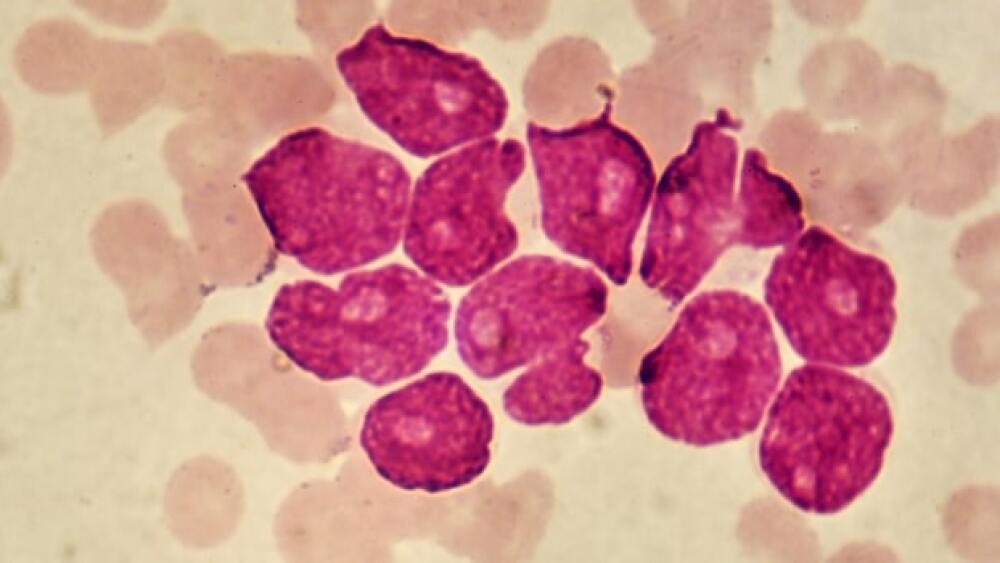The FDA has lifted the partial hold on Kura Oncology’s KOMET-001 Phase IB trial on a potential treatment for acute myeloid leukemia.
The U.S. Food and Drug Administration has lifted the partial hold on Kura Oncology’s clinical trial on a potential treatment for acute myeloid leukemia (AML).
The KOMET-001 Phase IB trial evaluates KO-539, a selective small molecule inhibitor of the menin-MLL protein-protein interaction, in patients diagnosed with relapsed or refractory AML.
The FDA placed a partial hold on the study in November last year following a report of a patient’s death due to a serious adverse effect linked with differentiation syndrome. The trial participants were allowed to continue receiving KO-539, but the regulator said that no additional patients may be added until the hold order is resolved.
Back then, Kura Oncology said it was confident that the concern would be resolved immediately, emphasizing the drug’s strong potential to address many unmet medical needs of patients suffering from AML.
“Differentiation syndrome is known to be an on-target effect associated with therapeutic agents that induce differentiation, and we want to ensure physicians are fully informed and prepared to address these events if they occur,” advised Tony Wilson, Ph.D., J.D., the president and chief executive officer of Kura Oncology, in their statement.
The KOMET-001 trial is the first one conducted on humans. Primary endpoints of the Phase I study, which centered on dose escalation, were safety and tolerability, while the Phase II portion identifies safety, tolerability, and antitumor activity as primary endpoints.
The FDA’s latest decision allowing the trial to resume is a huge win for Kura Oncology. The company expects to enroll and evaluate 12 patients, including a cohort of participants with NPM1-mutant AML and those with KMT2A/MLL-rearranged AML, in order to find out the recommended dosing for Phase II.
“Activities to resume patient screening are underway, and we look forward to expediting enrollment of patients in the Phase 1b study and determining the recommended Phase 2 dose for KO-539 in the coming months. Meanwhile, we continue to be encouraged by the safety, tolerability and clinical activity observed among currently enrolled patients and look forward to sharing a comprehensive update on the Phase 1 study at a future medical meeting,” commented Dr. Wilson in their latest press release.
KO-539 has shown a strong ability to inhibit the proliferation of MLL-rearranged leukemia cell lines in preclinical studies. In addition, the company has generated preclinical data demonstrating the drug’s efficacy in multiple in vivo models. The FDA granted it an Orphan Drug Designation in 2019 for the treatment of AML.





